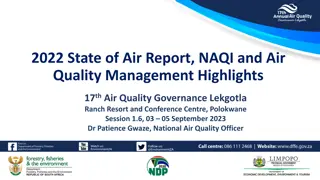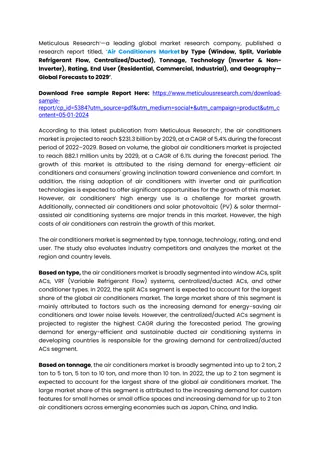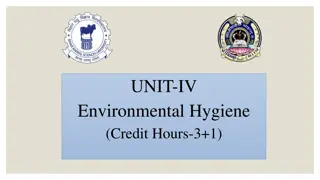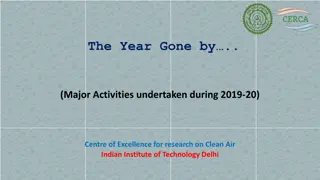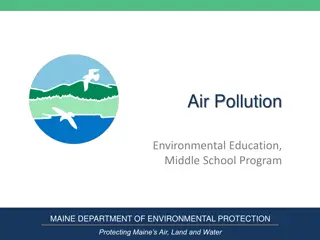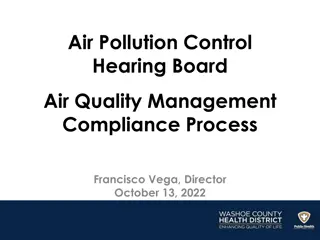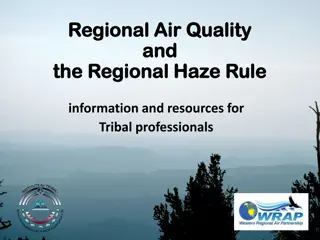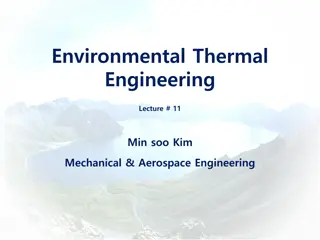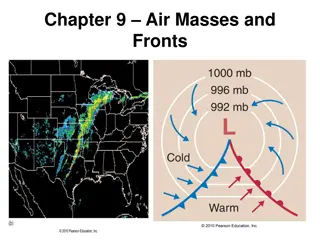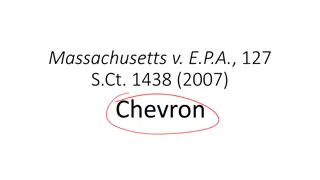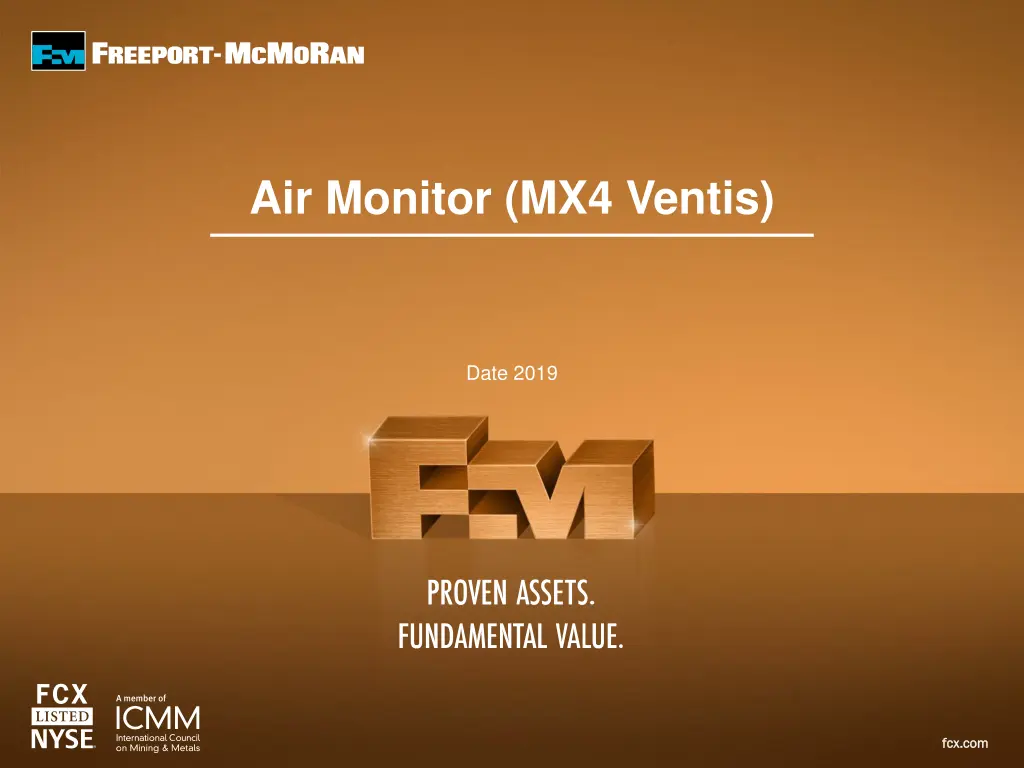
Ventis MX4 Air Monitor Guide
Explore the Ventis MX4 air monitor featuring step-by-step operation, installed sensors, and hazards associated with sulfur dioxide and nitrogen dioxide. Learn about the effects of varying SO2 levels and the safe exposure limits for humans.
Download Presentation

Please find below an Image/Link to download the presentation.
The content on the website is provided AS IS for your information and personal use only. It may not be sold, licensed, or shared on other websites without obtaining consent from the author. If you encounter any issues during the download, it is possible that the publisher has removed the file from their server.
You are allowed to download the files provided on this website for personal or commercial use, subject to the condition that they are used lawfully. All files are the property of their respective owners.
The content on the website is provided AS IS for your information and personal use only. It may not be sold, licensed, or shared on other websites without obtaining consent from the author.
E N D
Presentation Transcript
Air Monitor (MX4 Ventis) Date 2019 fcx.com fcx.com
Instrument Buttons Power Button Press to view information and access utilities. Press and hold to power on or off the instrument. Enter Press to start a utility. 3
Start up Press and hold the power button to start the monitor Monitor will scroll through display screens 4
4 STEPS OF OPERATION Bump Test Ensure bump test has been done Check Battery Status Fully charged Zero Sensors Use power to scroll through utilities and press enter at the Zero Sensor screen Clear Peaks Use power to scroll through utilities and press enter at the Peaks screen 5
Sensors Installed SO2 Sulfur Dioxide O2 Oxygen NO2 Nitrogen Dioxide 6
Sulfur Dioxide Hazards Sulfur Dioxide (SO2): Very toxic, can cause death Can cause severe irritation of the nose and throat Can cause accumulation of fluid in the lungs (pulmonary edema) This gas can form from the head space of any sulfuric acid storage tank
Sulfur Dioxide (SO2) Effects of Various SO2Levels Sulfur Dioxide Level in PPM Resulting Conditions on Humans 2 The allowable exposure based on an 8 hour work shift (OEL) Sulfur Dioxide initially detected by taste 0.3-1 3 Odor becomes easily detected 6-12 Irritation of the nose and throat 20 Irritation of the eyes 100 Immediately Dangerous to Life or Health (IDLH) Dangerous concentration can cause edema (excess fluid in the lungs) and death from prolonged exposure 400-500 Source: Dangerous Properties of Industrial Materials (Sixth Edition) by N. Irving Sax
Nitrogen Dioxide Hazards Nitrogen Dioxide (NO2): Reddish-brown gas with a pungent, acrid odor Irritation eyes, nose, throat Increased inflammation of the airways Sulfuric acid containing high nitrates when diluted can create Nitrogen Dioxide
Nitrogen Dioxide (NO2) Effects of Various NO2Levels Nitrogen Dioxide Level in PPM Resulting Conditions on Humans 0.2-1 Detectable by pungent, acrid odor 0.2 The allowable exposure based on an 8 hour work shift (OEL) Ceiling Limit = exposure limit not to be exceeded for any length of time 5 C 5-10 Irritation of the nose and throat 20 Immediately Dangerous to Life or Health (IDLH) Source: Dangerous Properties of Industrial Materials (Sixth Edition) by N. Irving Sax
Oxygen (O2) Effects of Various O2 Levels Concentration Of Oxygen in % Volume Resulting Conditions on Humans 23.5 21 19.5 17 Maximum "Safe Level" Oxygen Concentration of AIR (20.954%) Minimum "Safe Level" Impairment of judgment starts to be evident First signs of Anoxia - results when oxygen is not being delivered to a part of the body Breathing and pulse rate increases, muscular co-ordination is slightly impaired 16 16-12 Consciousness continuous; emotional upsets, abnormal fatigue upon exertion, disturbed respiration 14-10 Nausea and vomiting, inability to move freely and loss of consciousness may occur 10-6 Convulsive movements and gasping respiration occurs; respiration stops and a few minutes later heart action ceases <6 Source: Industrial Scientific 2014 The Gas Detection People
Oxygen Hazards Oxygen (O2): Levels below 19.5% oxygen shall be considered as oxygen deficient and hazardous Oxygen content over 23.5% shall be considered oxygen enriched and hazardous, entry shall not be made

